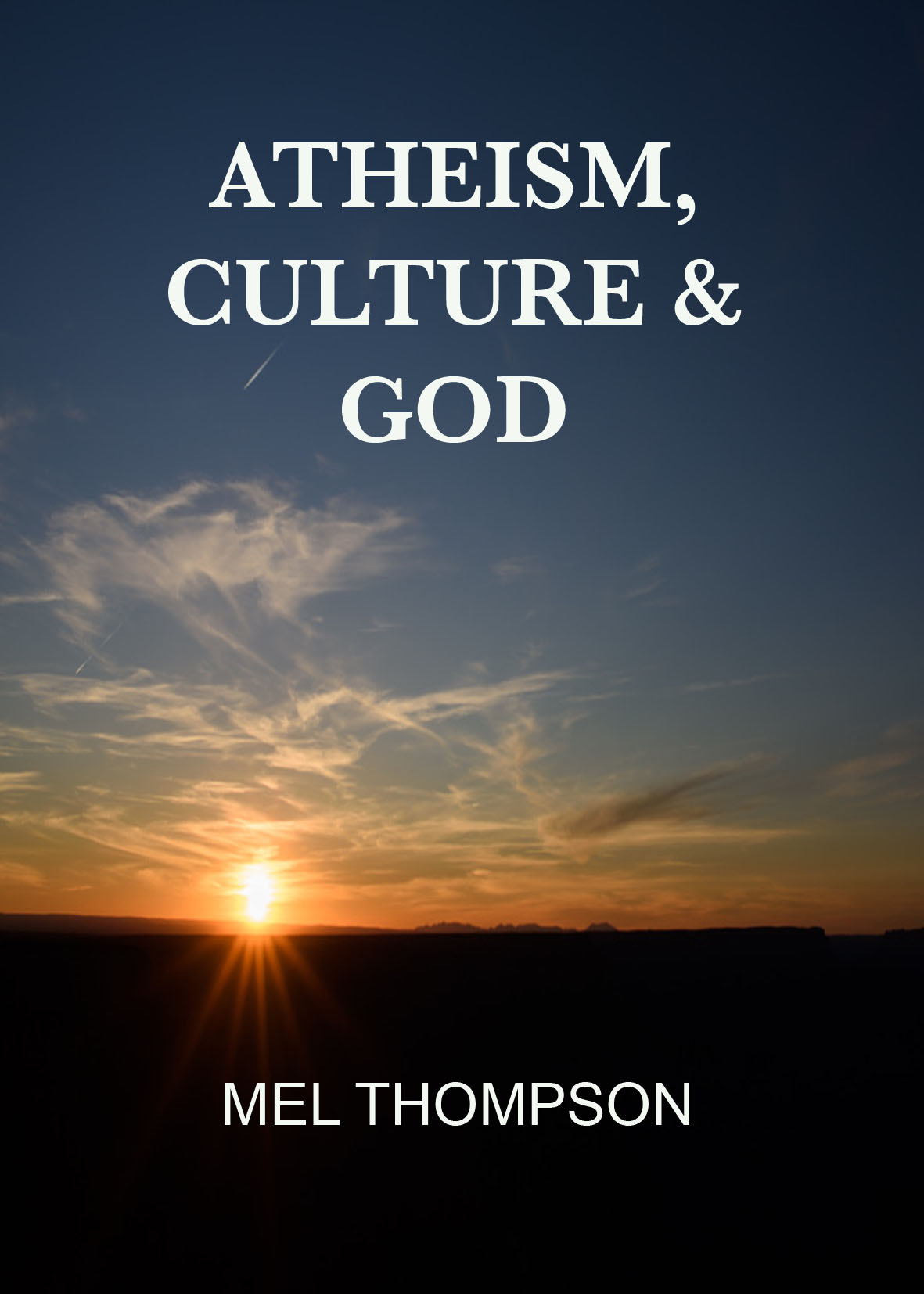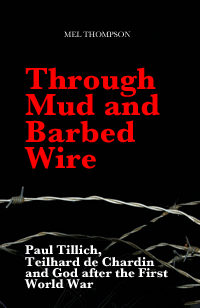The Logic of Divine Impotence
If there is one single thing that inclines me to atheism, it is the logic of divine impotence and the wriggles that some theists use to avoid it.
Their problem is this:
That which is everywhere, is nowhere in particular; that which does everything, does nothing in particular. So the inevitable result of claiming that God is omnipresent and omnipotent is that he cannot be shown to do any one particular thing, or be in one place rather than another. He (and already we’re in trouble, because such a god cannot be male or female for the same reason) is therefore, from a religious point of view, both omnipotent and impotent at the same time.
Let me explain…
We ascribe action to an agent when we see them together as effect and cause. If we don’t have evidence about the agent being the cause of that effect, its cause remains unknown, so it might have happened anyway, without any special intervention. For example, I may boast that I will make the sun rise tomorrow. Come the morning, I appear to be right, since the sun has risen. But that would be logical only if there were no way that the sun could rise without my particular agency. It’s a silly example, because the Earth continues to spin and therefore the sun will rise tomorrow, whether I order it or not. Because it happens anyway, I am impotent in terms of making it happen, or stopping it from happening. We are told that King Canute had the same problem with tides.
Unless we can identify God as a cause that is separate from all the other causes that make up our experienced universe, there is no way of showing that he is responsible for anything particular happening. Would this particular person have recovered from illness with or without divine intervention? We cannot tell, and therefore the idea that God influenced the result can never be proved. Unless, of course, we define God as being responsible for everything that happens. But in that case, we can describe him as Being Itself, or Reality, or perhaps ‘the creative source of everything’, or ‘that within which we live, move and have our being.’ He becomes the name we give to life, or to reality, but he cannot also be a separate individual being. He cannot be a personal and active God: the sort of god who chooses one thing rather than another, has preferences, punishes one person and rewards another, sets rules and regulations, and gets offended if people don’t treat him with respect.
If such a god actually existed within the universe, we could imagine him doing any of those things, but he could not be responsible for everything else at the same time without vanishing as an individual. Logically, he cannot be both omnipotent and a potent individual.
Two classic problems follow from this: miracles and the problem of evil.
In the case of miracles, Hume’s classic argument shows that there can never be sufficient evidence that a God has intervened in the usual operations of the world, since it is always more likely that we are mistaken about what has happened. If the event is a-thousand-to-one chance, it is simply that. It only becomes a ‘miracle’ if we show that it has been brought about by the particular action of a god. In practice, of course, we never get such evidence, so it is down to theologians to wriggle their way of out of it, usually by re-defining what they mean by a miracle. To use the corny old example, if a place crashes and 99 people die but one manages to survive, it makes no sense to claim that survival as a miracle – and thus a special intervention of God – unless God is either impotent with respect to the other 99, or had no intention of saving them, which brings us to the second issue.
The problem of evil follows the same logic. If God is responsible for everything, he is responsible also for evil. Therefore we either have to re-define evil – as necessary evil or as an evil that leads to a greater good – or argue that God is not all-loving, since he equally performs good and evil deeds. All kinds of wriggling are applied to this problem, but its fundamental logic remains intact.
What does this imply, in terms of the idea of God?
A ‘hybrid’ god blends the idea of gods as human-like beings who love, hate and perform actions, just like the gods of ancient Greece and Rome, with the philosophical idea of a single reason encompassing the universe, as argued by the Stoics. The omnipotent, omniscient and omnibenevolent deity comes from the philosophical (logos) tradition, whereas the active god, performing miracles and messing with the usual operations of nature, comes from the (mythos) sphere of culture. Although this idea of a ‘hybrid’ god only appeared as an unfortunate result of the Enlightenment and the rise of science, it is often regarded today as the traditional idea of God, especially when debated in the Philosophy of Religion.
Cultural creations describe reality, but they do not actually do anything, although they may inspire people to do all sorts of things, good or bad. Philosophical generalisations may equally describe reality, and they may – by definition – do absolutely everything, but they are not personal, engaged and active as individuals.
Mix the two things together, and you have a God who appears to be loving and engaged with the world, shifting things round to suit those who love him, but also omnipotent, omnipresent, omniscient and omnibenevolent. But once that ‘hybrid’ god is put to the test, ‘he’ is always found wanting in the omnipotence department. The ultimate wriggle is to pray to God for something to happen, and then either claim it as his action if it does, or say that ‘God’s will is inscrutable’ if it doesn’t.
Hence the impotence of this crude, hybrid image of God. Once the hypothesis that such a God exists is put forward, those supporting it immediately start walking backwards, since no universal reality can be shown to be individually potent.
The fundamental problem here is the attempt to fuse together two incompatible ideas of God, one cultural and the other philosophical. The resulting ‘hybrid’ has been the subject of debate, not just for the last two hundred or so years, since the Enlightenment threw up the problem in its present form, but back into the early centuries of the Christian era.
The logic of divine impotence is actually a very useful theological tool, for it forces us to examine what we actually mean by the word ‘God’, and that is equally important for both believers and atheists.
Mel Thompson, October 2023
You may also want to look at my notes on miracles, or those on the problem of evil.



